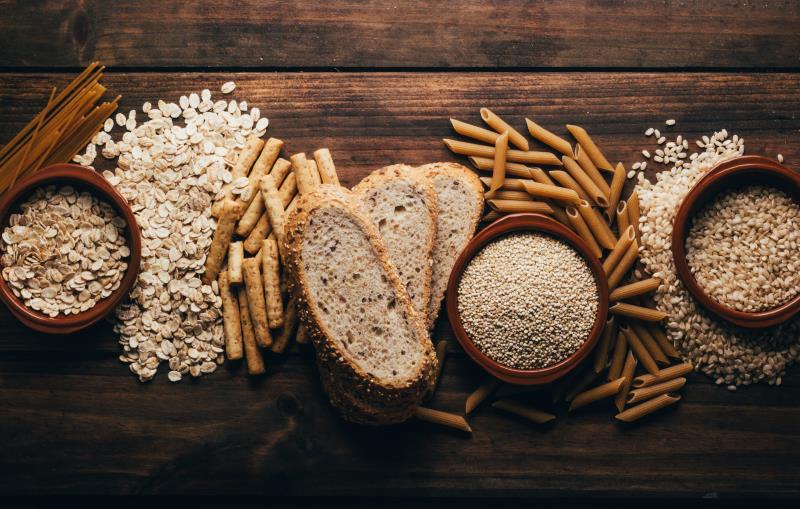Carbohydrate quality could influence T2D risk





Substituting energy intake from fat with that from carbohydrates could affect type 2 diabetes (T2D) risk, though the type of carbohydrate (high- or low-quality) plays an important role, according to a study presented at Nutrition 2020 Live Online.
“Our study suggests that higher intake of high-quality carbohydrates, especially from whole grains, is associated with a lower T2D risk, irrespective of the macronutrient it replaces. In contrast, a higher intake of low-quality carbohydrates is associated with a higher risk of T2D, but only when it replaces saturated fat,” said research team leader Kim Braun, PhD, from Erasmus University Medical Center, Rotterdam, Netherlands, and Harvard T.H. Chan School of Public Health in Boston, Massachusetts, US.
The study population comprised participants in the Nurses’ Health Study (n=69,949), the Nurses’ Health Study 2 (n=90,239), and the Health Professionals Follow-up Study (n=40,539). Based on dietary data collected every 2–4 years through food frequency questionnaires, Braun and colleagues calculated the intake of high-quality carbohydrates (percentage of energy acquired from carbohydrates from whole grains) and low-quality carbohydrates (percentage of energy acquired from carbohydrates from refined grains, sugary foods, and potatoes). A total of 11,872 T2D cases were recorded over the follow-up period.
Substituting 5 percent of energy from saturated fat with 5 percent of energy from low-quality carbohydrates was associated with a higher risk of T2D (hazard ratio [HR], 1.05, 95 percent confidence interval [CI], 1.00–1.09). Isocaloric substitution of other macronutrients with low-quality carbohydrates was not associated with T2D risk. [Nutrition 2020 Live Online, abstract P22-009-20]
Conversely, substituting 5 percent of energy from saturated fat with 5 percent of energy from high-quality carbohydrates was tied to a reduced risk of T2D (HR, 0.93, 95 percent CI, 0.87–0.99).
Isocaloric substitution of high-quality carbohydrates was also associated with a lower risk of T2D when the calories replaced those from monounsaturated fat (HR, 0.88, 95 percent CI, 0.83–0.94), polyunsaturated fat (HR, 0.92, 95 percent CI, 0.86–0.98), trans fat (HR, 0.90, 95 percent CI, 0.85–0.97), animal protein (HR, 0.88, 95 percent CI, 0.83–0.93), or vegetable protein (HR, 0.90, 95 percent CI, 0.84–0.96).
“High intake of carbohydrates has been suggested to be associated with a higher risk of T2D,” said Braun. “We looked at whether this effect is different for high-quality carbohydrates and low-quality carbohydrates.”
“Our findings highlight the importance of making a distinction between carbohydrate from high- and low-quality sources and taking into account different substitutions when examining macronutrients [and diabetes risk].”
“Conducting similar studies in people with various socioeconomic backgrounds, ethnicities, and age will provide insight into how applicable these findings are for other groups,” added Braun.